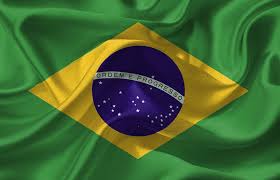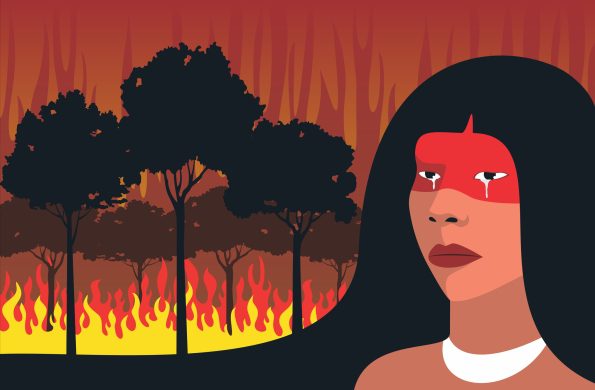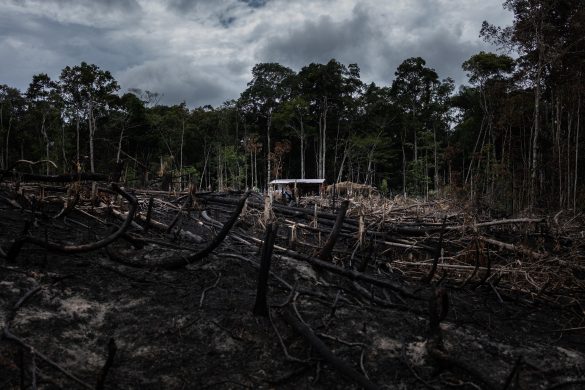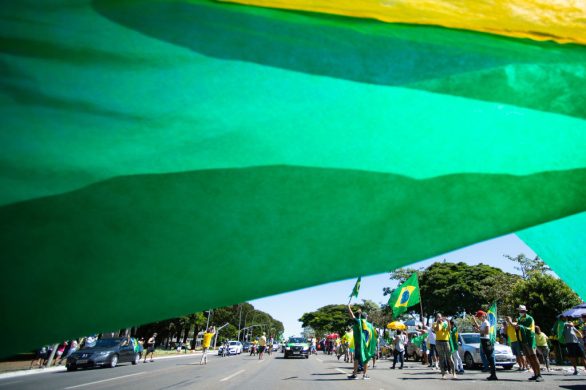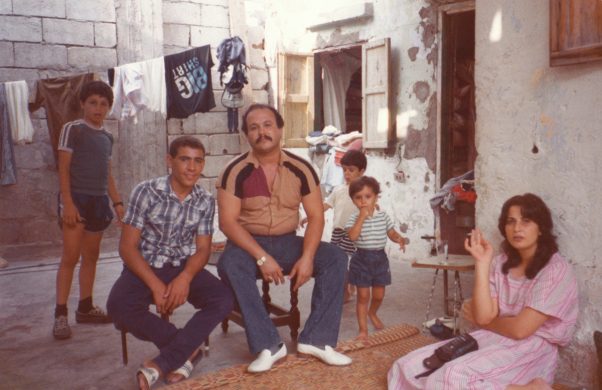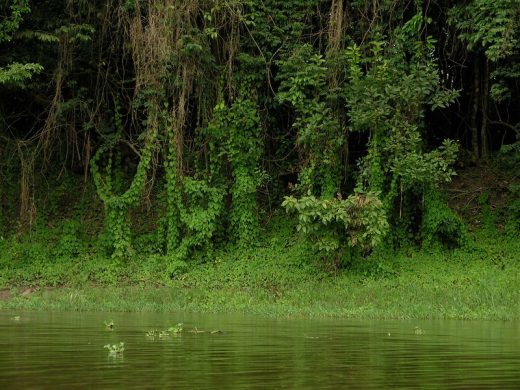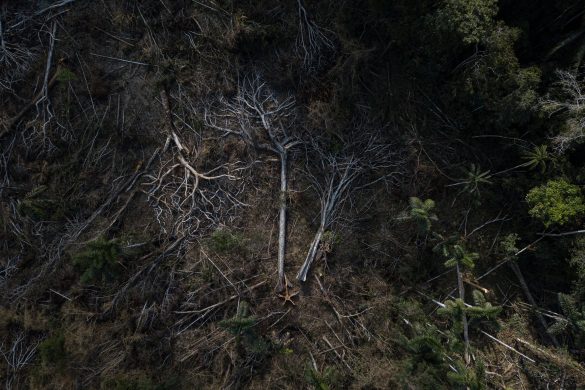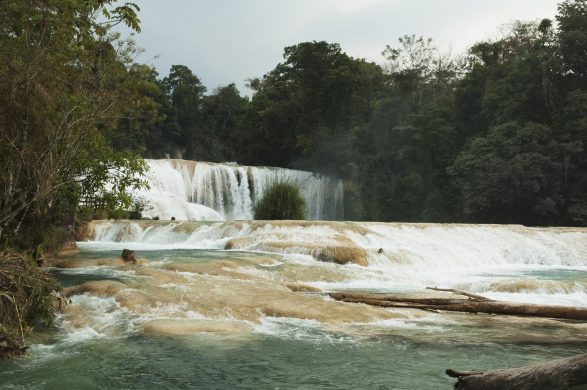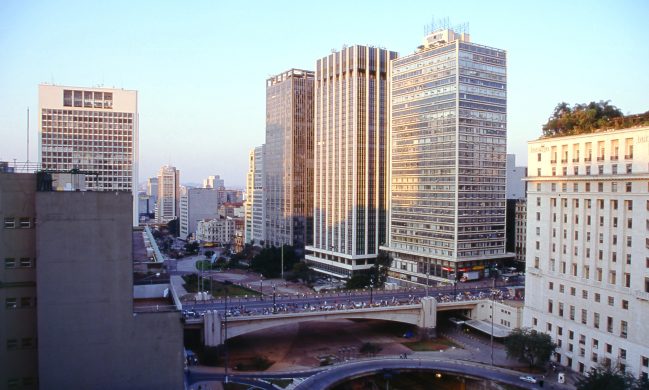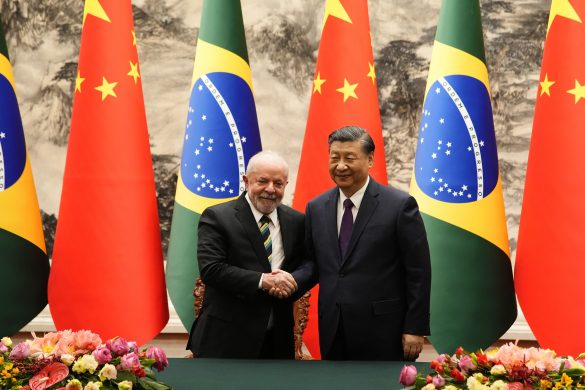The Brazilian government has ratified its participation in the Paris Agreement – a significant step by Latin America’s largest emitter of greenhouse gases.
The Paris Agreement will enter into force once 55 countries representing 55 per cent of global emissions have formally joined.
According to United Nations data, Brazil currently emits approximately 2.5 per cent of the world’s carbon dioxide and other polluting gases.
With the inclusion of Brazil, ratified or otherwise joined numbers currently stand at 28 Parties representing 42 per cent of global emissions.
Brazilian President, Michel Temer, said: “Our government is concerned about the future. Everything we do today is not aimed at tomorrow, but rather at a future that preserves the living conditions of Brazilians.”
Brazil’s ratification will be presented formally to the UN later this month.
Countries set their own targets for reducing emissions. The targets are not legally binding, but nations must update them every five years.
Rducing deforestation
Using 2005 levels as the baseline, Brazil has committed to cutting emissions 37 per cent by 2025 and an “intended reduction” of 43 per cent by 2030.
In the last decade, Brazil has achieved significant emissions cuts thanks to efforts to reduce deforestation in the Amazon and increase in the use of energy from hydropower and other renewable sources including wind, solar and biomass.
David Waskow, director of the International Climate Initiative at the Washington, DC-based thinktank the World Resources Institute, said: “Brazil is now the next major country to move forward. It will add even greater momentum.”

